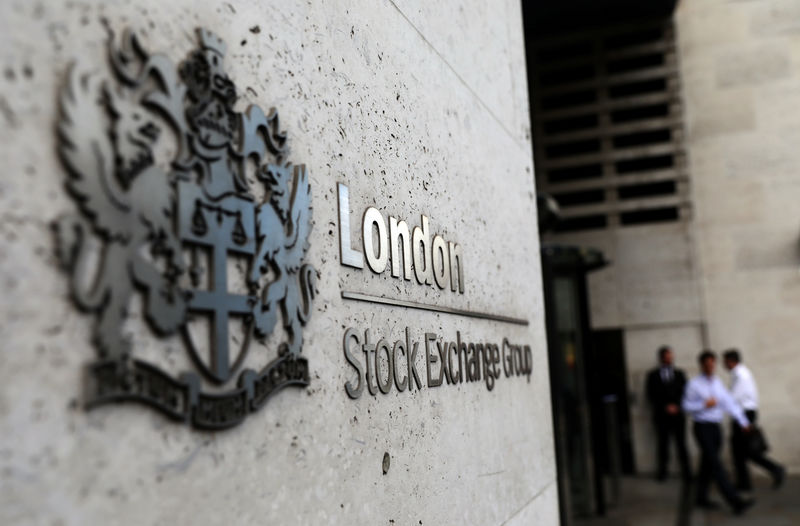Asia stocks rise as Dec rate cut bets resurface; China lags on chipmaker losses
* UK plans for Brexit treaty breach
* Supermarket owner Morrisons drops on weak earnings
* British Airways owner slips on launching rights issue
* Games Workshop tops midcap index on strong outlook
(Adds details, updates to market close)
By Shashank Nayar and Ambar Warrick
Sept 10 (Reuters) - British stock indexes closed lower on
Thursday as disagreements over Brexit terms between Prime
Minister Boris Johnson's government and the European Union sowed
concern about a messy British departure.
The mid-cap FTSE 250 .FTMC , considered a barometer of
Brexit sentiment, fell 0.1% with furnishing retailer Dunelm
DNLM.L dragging the most on a decline in its annual profit.
The domestically-focussed index was still reeling from
losses after surging COVID-19 cases sparked new curbs on social
activity in England, hitting shares of restaurant and pub firms.
Talks between Britain and the European Union on the
relationship after the Brexit transition period concludes at the
end of this year, which came to the forefront this week, hit a
snag after Johnson's government refused to scrap a plan that
could break their exit treaty. The blue-chip FTSE 100 index .FTSE shed 0.2% as gains in
consumer discretionary stocks were offset by losses in
healthcare and consumer staples.
"Markets are moving with heavy caution and we also see
investors pulling back on some export-heavy names until they see
concrete developments on the Brexit front," said Ronald Kaloyan,
head of European equity strategy at SocGen.
A Reuters poll this week found chances of the two sides
failing to reach a trade deal have jumped to 40%. Supermarket group Morrisons MRW.L fell 4.6% even as it
said it expected profit growth for the full year, while
table-top game maker Games Workshop Group GAW.L topped the
midcap index after it flagged a stronger quarterly profit.
British Airways-owner IAG ICAG.L closed flat as it
launched a heavily discounted rights issue to raise 2.74 billion
euros ($3.2 billion). Homebuilders .FTNMX3720 rose 1.2% after data showed house
prices hit a four-year high in August, although the survey also
sent a warning signal that the recovery could run out of steam.
